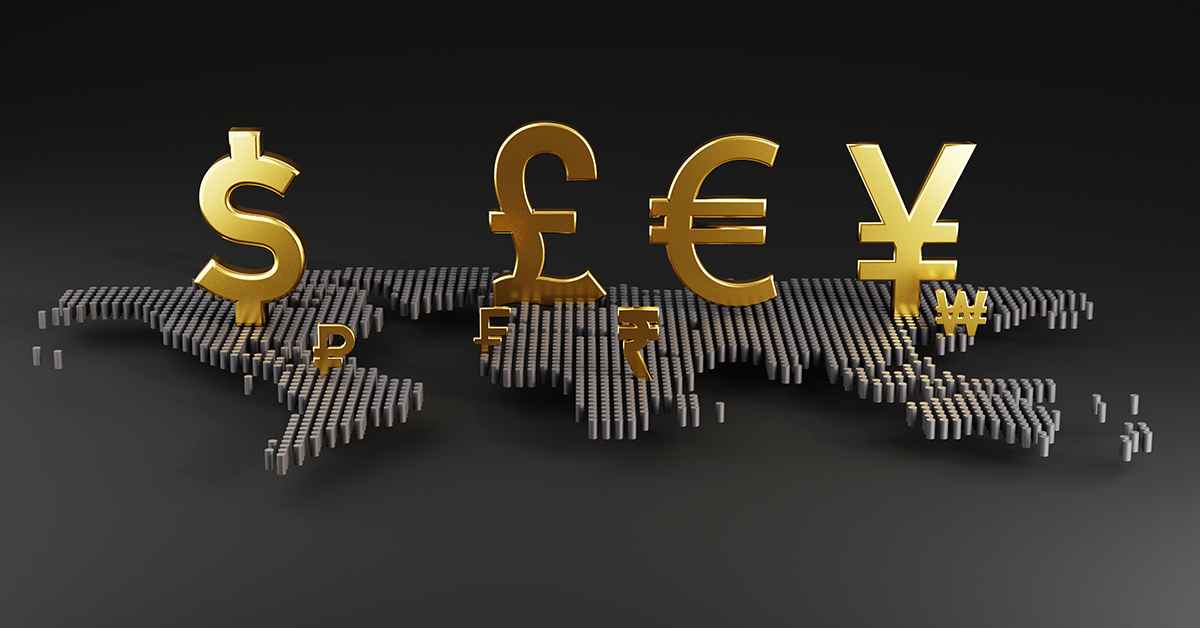
Choosing the Best Broker for Forex Trading: A Comprehensive Guide
Selecting the right broker is crucial for success in Forex trading. With so many options available, it can be overwhelming to determine which broker is the best fit for your needs. In this guide, we will explore various factors to consider when choosing a broker, as well as some top recommendations to help you make an informed decision. For a list of regulated brokers, visit best broker for forex trading Forex Broker Register.
What is Forex Trading?
Forex, or foreign exchange trading, involves the exchange of one currency for another in the global marketplace. The Forex market is the largest financial market in the world, with a daily trading volume exceeding $6 trillion. Unlike traditional stock markets that operate on specific exchanges, the Forex market is decentralized and open 24 hours a day, five days a week.
Traders enter the Forex market to speculate on currency price movements, which can be influenced by various factors including economic data, geopolitical events, and market sentiment. As a result, Forex trading presents excellent opportunities for both short-term and long-term strategies.
Key Factors to Consider When Choosing a Forex Broker
1. Regulation and Trustworthiness
One of the most important factors to consider when choosing a Forex broker is regulation. Regulated brokers operate under strict guidelines put in place by financial authorities, providing a level of protection for your funds and ensuring fair trading practices. Look for brokers that are regulated by reputable authorities such as the Financial Conduct Authority (FCA) in the UK, the Commodity Futures Trading Commission (CFTC) in the US, or the Australian Securities and Investments Commission (ASIC) in Australia.
2. Trading Platforms and Tools
The trading platform is the primary interface that traders use to execute trades and manage their accounts. A good broker should offer a platform that is user-friendly, reliable, and packed with features such as advanced charting tools, technical indicators, and customizable interfaces. Popular trading platforms include MetaTrader 4 (MT4), MetaTrader 5 (MT5), and cTrader. Additionally, brokers may also provide mobile trading apps for trading on the go.
3. Spreads and Fees
Trading costs can significantly impact your profitability, so it’s essential to understand the fee structure of a broker. Most brokers earn money through spreads— the difference between the bid and the ask price of a currency pair. Look for brokers that offer competitive spreads, especially on major currency pairs. Additionally, consider other fees such as commissions, overnight financing rates (swap fees), and deposit/withdrawal charges.
4. Customer Support
Reliable customer support is crucial, especially for new traders who may have questions or encounter issues. Evaluate the support options provided by the broker, such as live chat, email, and telephone support. Also, check if support is available 24/7, as the Forex market operates around the clock. A responsive customer support team can save you time and stress when you need assistance.
5. Range of Currency Pairs

Depending on your trading strategy, you may want to trade various currency pairs. Look for brokers who offer a wide selection of currency pairs, including major, minor, and exotic options. This variety allows you to diversify your trading portfolio and take advantage of different market conditions.
6. Leverage Options
Leverage enables traders to control larger positions with a smaller amount of capital. While leverage can enhance potential profits, it also increases the risk of losses. Understanding a broker’s leverage offerings and how they align with your risk tolerance is essential. Ensure you comprehend the implications of trading with high leverage and choose a broker that offers leverage suitable for your trading style.
Top Forex Brokers to Consider
1. IG Group
IG Group is a well-established broker regulated by the FCA. It offers a user-friendly trading platform, competitive spreads, and a wide range of currency pairs. IG also provides extensive educational resources and excellent customer service, making it suitable for both beginners and experienced traders.
2. OANDA
OANDA is renowned for its transparency and innovative trading technology. The broker is regulated in multiple jurisdictions and offers flexible spreads, a customizable trading platform, and a comprehensive suite of trading tools. OANDA also provides an API for automated trading, catering to tech-savvy traders.
3. Forex.com
Forex.com is another reputable broker with a strong regulatory background. It offers competitive pricing, a robust trading platform, and a wide selection of currency pairs. Forex.com also provides educational resources and research tools to help traders improve their skills.
4. Saxo Bank
Saxo Bank is a premier broker known for its advanced trading platforms and premium services. While it caters more to professional traders due to its higher minimum deposit requirements, Saxo Bank offers a vast range of trading and investment options across various asset classes.
5. eToro
eToro is a social trading platform that allows users to follow and copy the trades of successful traders. It is user-friendly and offers a unique way to engage in Forex trading. eToro is regulated in several jurisdictions and provides a diverse range of trading instruments.
Conclusion
Choosing the best broker for Forex trading is a decision that requires careful consideration of various factors. By evaluating regulation, trading platforms, fees, customer support, the range of currency pairs, and leverage options, you can make an informed choice that aligns with your trading goals. Remember to conduct thorough research and perhaps test a few brokers using demo accounts before committing your funds. A wise choice in a broker can set the stage for a successful trading journey in the dynamic world of Forex trading.